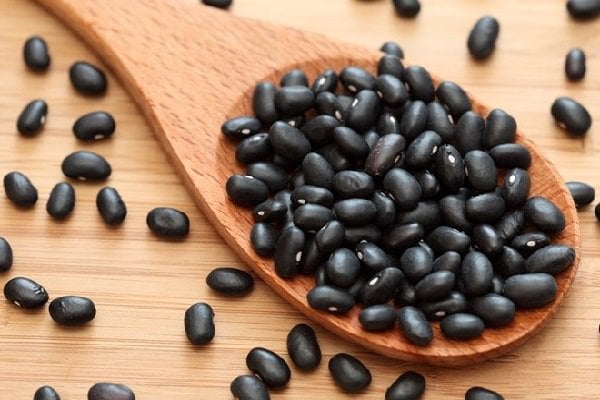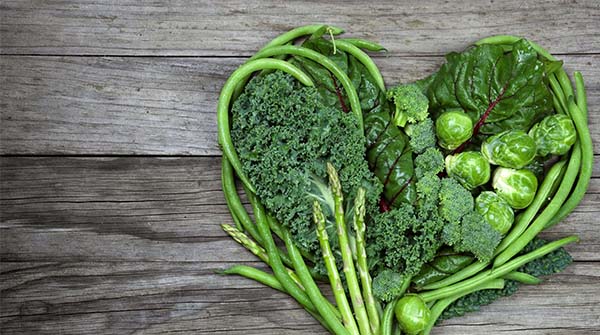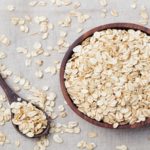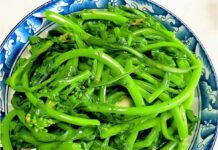Black Beans: A Rich Source of Plant-Based Protein
Black beans are an excellent source of plant-based protein, with approximately 7.62g of protein per 85g serving of cooked beans. According to a 2018 study published in the scientific journal Frontiers in Endocrinology, a high-protein diet can aid in weight management, regulate blood sugar levels, and enhance calcium absorption, thereby supporting bone health.

Black Beans
In addition to being high in protein, black beans are also a good source of fiber and essential minerals such as folate, copper, manganese, magnesium, and iron. These nutrients have been shown to benefit cardiovascular health, support digestion, and boost testosterone levels in men when consumed regularly.
For individuals over the age of 60, protein plays a crucial role in maintaining muscle mass, slowing age-related muscle loss, aiding in injury recovery, and supporting a healthy immune system. Other beans such as mung, adzuki, and lentil beans offer similar health benefits to black beans.
Green Vegetables: A Valuable Source of Fiber
According to American nutritionist Molly Rapozo, fiber-rich foods are one of the most important components for individuals over 60 to maintain in their daily diets. Fiber has been shown to lower blood sugar levels, support digestion, and reduce the risk of heart disease, diabetes, and metabolic syndrome. Consuming a diet high in fiber not only promotes a feeling of fullness but can also prevent obesity, lower blood cholesterol, and protect against colorectal cancer.

Green Vegetables
Tara M. Schmidt, a nutritionist at Mayo Clinic, also recommends that middle-aged and older adults increase their intake of green vegetables and fruits, as individuals over 60 are more prone to dehydration. She emphasizes that women aged 51 and older should aim for at least 21g of fiber per day, while men should aim for 30g or more.
In addition to green vegetables and fruits, fiber can also be found in beans and whole grains. A lack of fiber in older adults can lead to bloating, constipation, an increased risk of hemorrhoids, as well as elevated blood cholesterol and glucose levels.
Mackerel: A Nutrient-Dense Food Rich in Omega-3
Mackerel is one of the richest sources of omega-3 fatty acids, even surpassing salmon, with up to 5.5g of omega-3 per 100g serving. The omega-3 fatty acids in mackerel help lower blood pressure, reduce cholesterol levels, improve brain function, and enhance vision, which is especially beneficial for individuals over 60.

Mackerel
A single serving of mackerel provides nearly three times the recommended daily intake of vitamin B12, which is essential for supporting the immune and nervous systems. Additionally, the vitamin D in mackerel optimizes calcium and phosphorus metabolism, contributing to the development and maintenance of strong bones. Mackerel also contains important minerals such as copper and selenium, which are necessary for maintaining bone density.
Given its exceptional nutritional profile, mackerel is an ideal choice to include in daily diets, particularly for older adults.
Citrus Fruits: Abundant in Vitamin C
Citrus fruits, including oranges, tangerines, grapefruit, lemons, and kumquats, are some of the most vitamin C-rich foods in the produce world. Vitamin C plays a crucial role in boosting immunity, preventing infections, combating colds, and slowing down aging, which is especially important for individuals over 60.

Citrus Fruits
In addition to vitamin C, citrus fruits are also packed with other essential nutrients such as vitamin B, phosphorus, magnesium, and copper, all of which promote cardiovascular health. Research in Japan has shown that individuals who consume more oranges and tangerines have a lower risk of heart disease and stroke.
Furthermore, citrus fruits contain up to 60 antioxidants, including flavonoids and carotenoids, which help prevent chronic diseases such as heart disease and cancer, while also offering anti-inflammatory benefits and protecting brain health. Oranges, lemons, and grapefruit are also low-calorie fruits that help reduce the risk of kidney stones and improve vision due to their vitamin A content.
It is worth noting that individuals over 60 should aim to eat the whole fruit rather than just drinking the juice to retain the fiber and avoid a sudden spike in blood sugar levels.





































